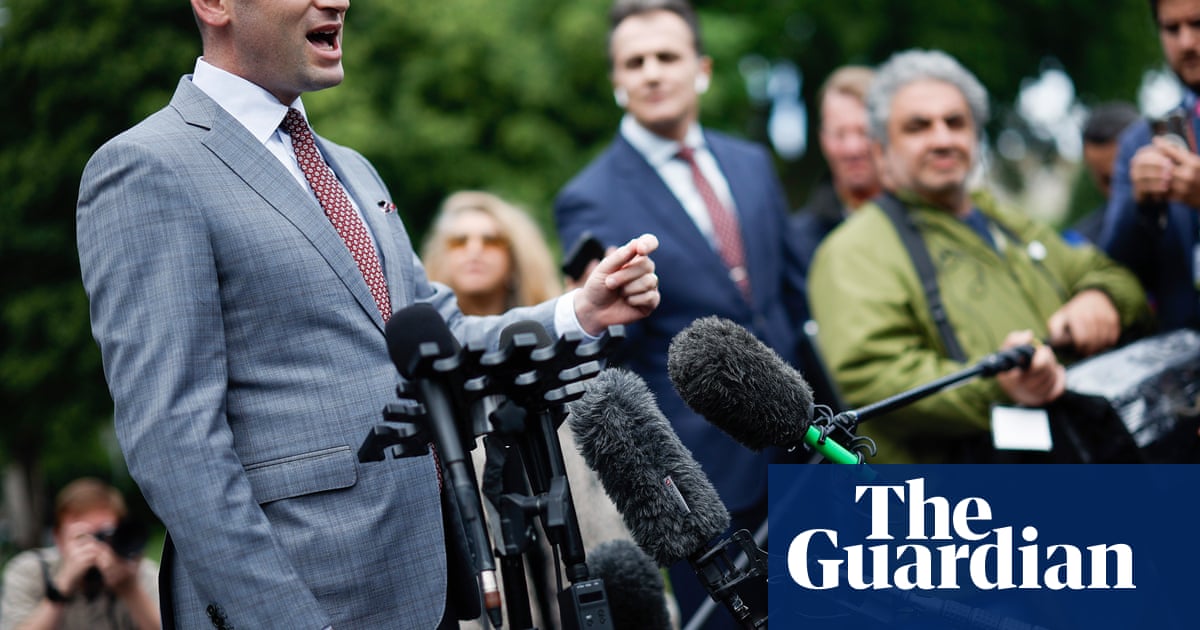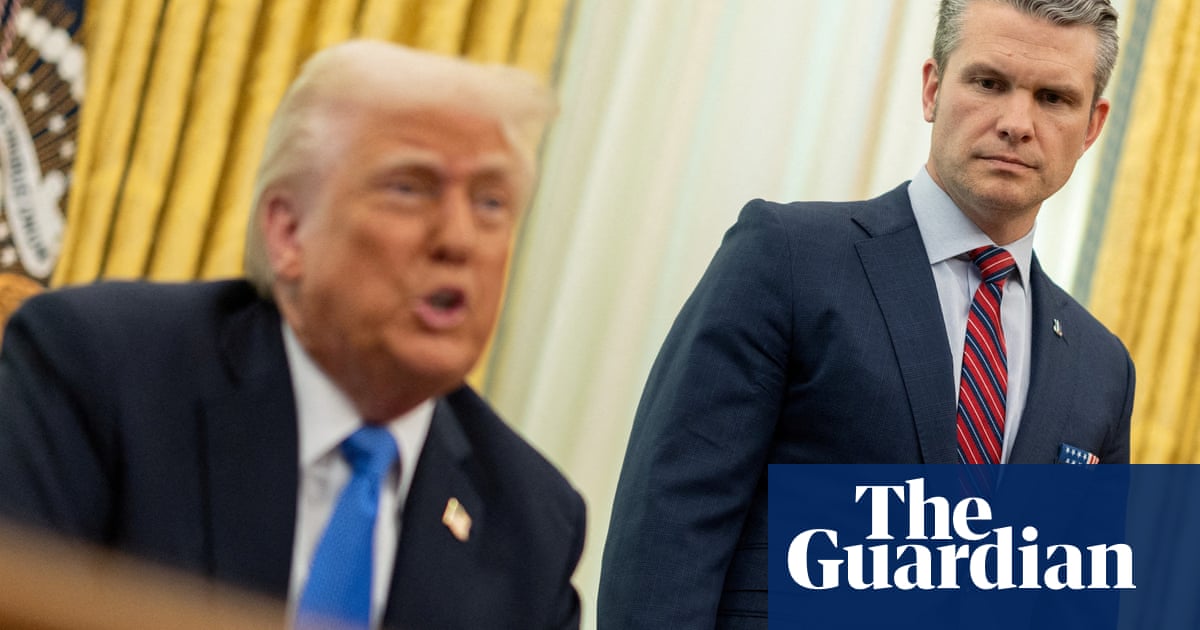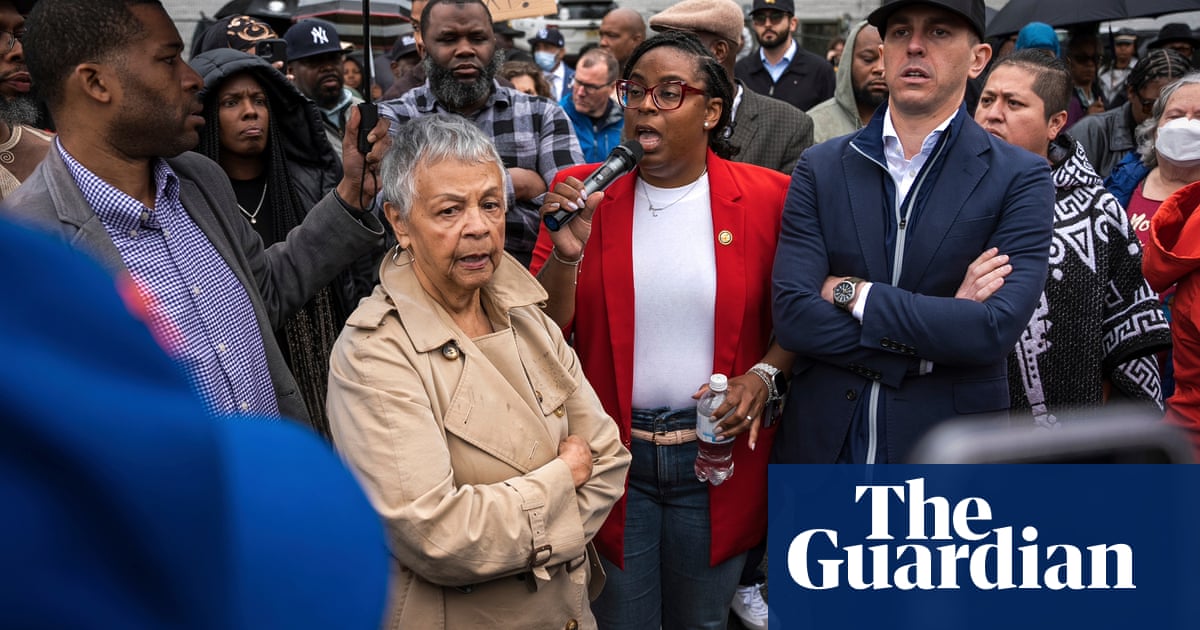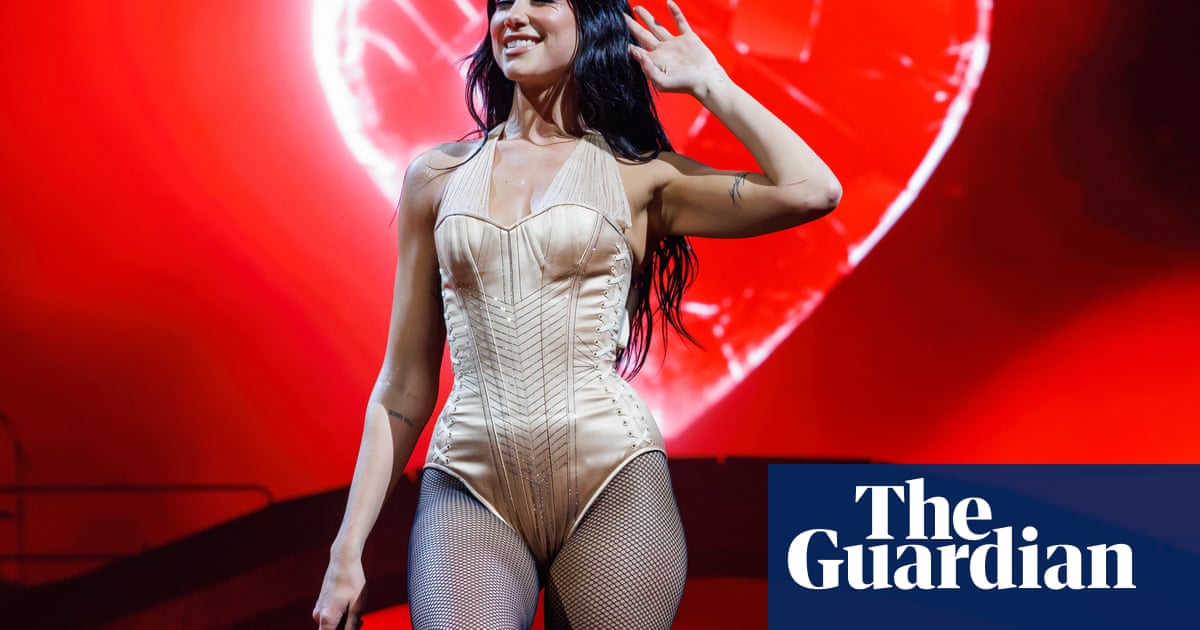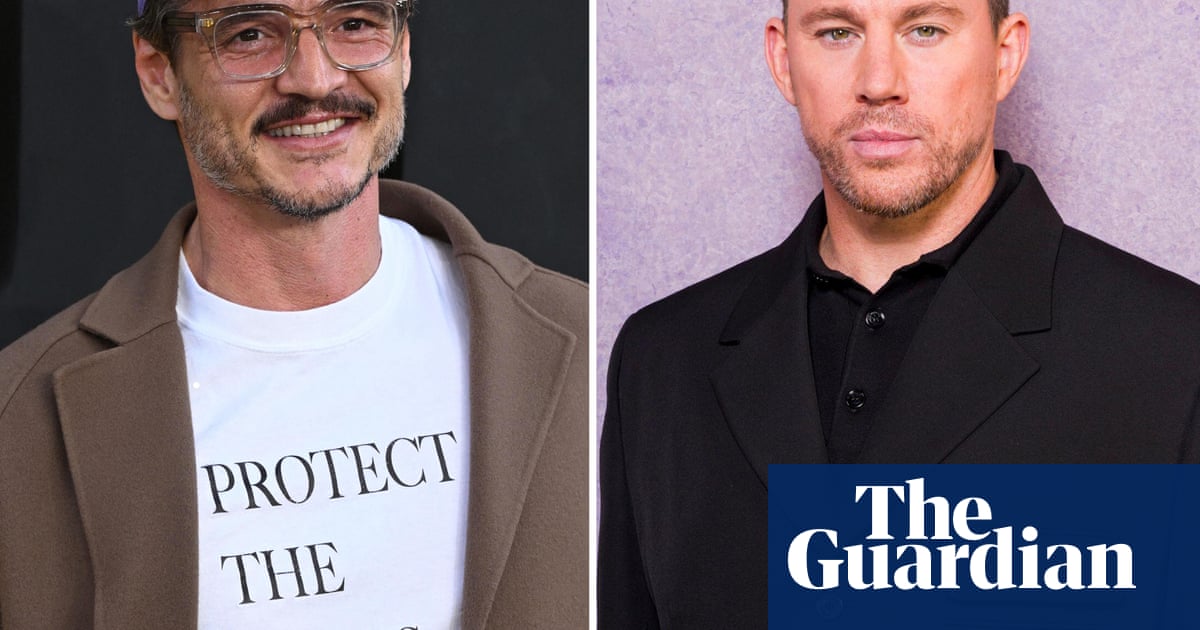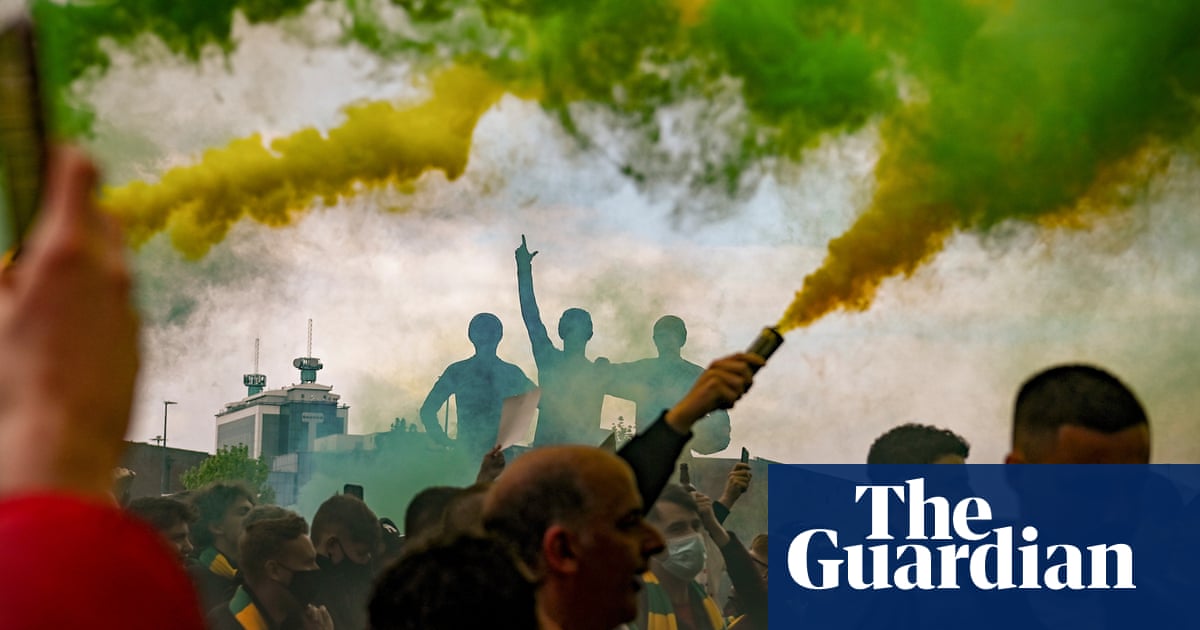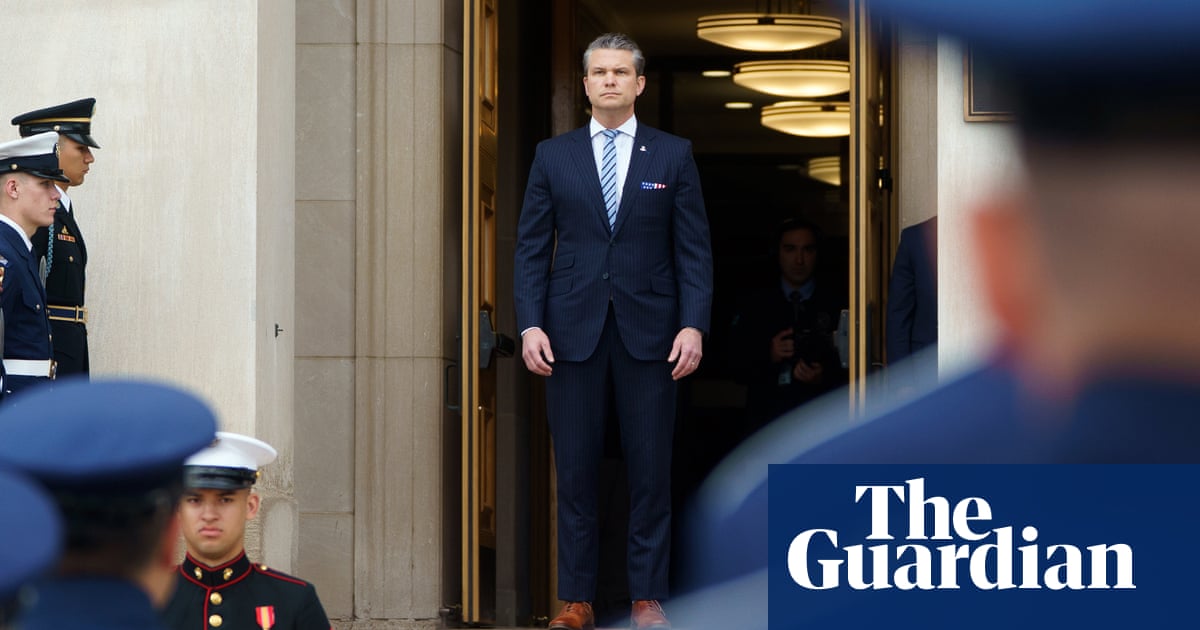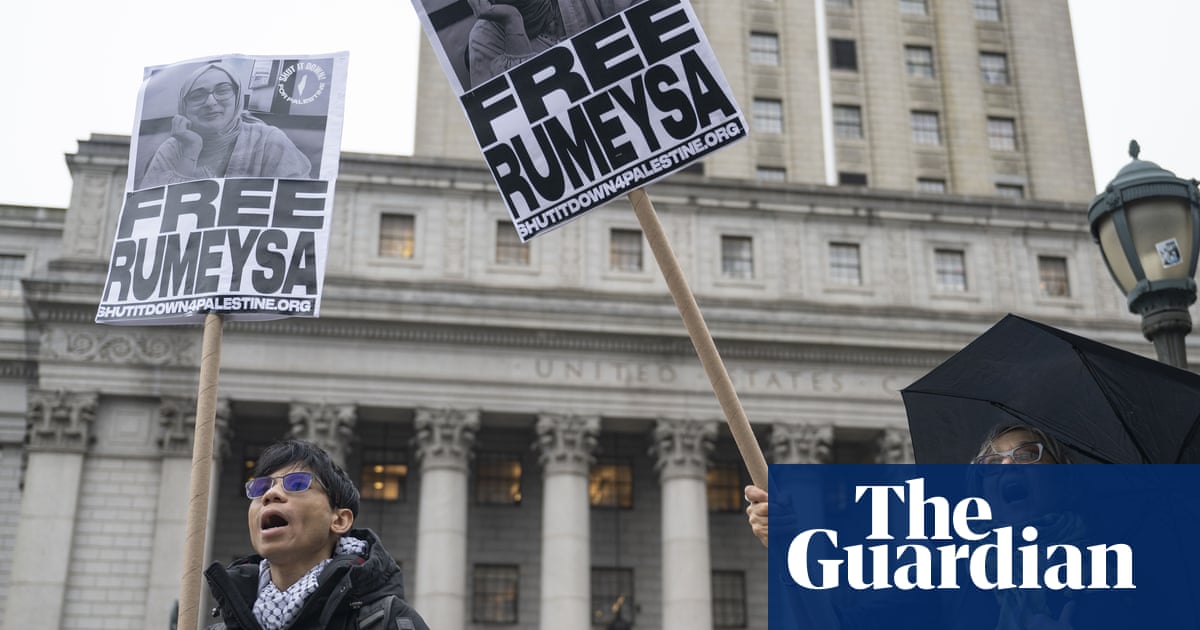1. Karla Sofía Gascón, best actress for Emilia Pérez
The star of trans gangster musical Emilia Pérez had already collected some grief over the film’s portrayal of Mexico, where it was set but not shot, and whether or not it was a step forward for trans representation. Writer-director Jacques Audiard apologised and the controversy didn’t seem to massively hurt the film’s Oscar chances, as it led the 2025 field with 13 nominations including best actress for Gascón. However, a few days later, a journalist inspected Gascón’s social media feed and found a string of inflammatory posts, including one that described Islam as “a hotbed for infection for humanity that urgently need[s] to be cured”. Gascón has since been on a contrition tour, including a tearful, hour-long interview with CNN in which she declared: “My most sincere apologies to all the people who may have felt offended by the ways I express myself in my past, in my present and in my future”, but it looks like there’s no way back.
2. Andrea Riseborough, best actress for To Leslie

In the 2023 Oscar race, Riseborough benefited from campaign regulations that allowed screenings to be hosted by A-list names, and thereby attracting more voter and media attention than it might otherwise. Riseborough’s turn in a film that would otherwise likely have gone by unnoticed was pumped by the likes of Gwyneth Paltrow, Kate Winslet and Amy Adams, with Cate Blanchett namechecking it in an acceptance speech of her own. It worked at first; Riseborough got a best actress nomination, up against Blanchett, Michelle Williams and eventual winner Michelle Yeoh. But almost immediately a huge row erupted, after campaigners accused the Oscars of racism as Riseborough’s inclusion was seemingly at the expense of Viola Davis for The Woman King and Danielle Deadwyler for Till. Such was the fury it was clear Riseborough had no chance of winning.
3. Green Book, best picture
Having come quickly out of the traps with the top prize at the Toronto film festival (practically a guarantee of an Oscar nomination), the putatively heartwarming race-reconciliation drama about a white driver and a black pianist in the 60s deep south, started to get bogged down in a series of controversies as the 2019 awards race heated up. The film’s director Peter Farrelly apologised after newspaper articles from the 90s suggested he was an enthusiastic unasked-revealer of his genitals, co-writer Nick Vallelonga (son of the film’s lead character) turned out to have endorsed a false Donald Trump accusation about New Jersey Muslims cheering on 9/11 and the impeccably liberal lead actor Viggo Mortensen unwisely used the N-word at a screening of the film. Most damaging, perhaps, was the emergence of a reported quote from actor Mahershala Ali apologising for his role, saying: “I did the best I could with the material.” Green Book’s momentum carried it through though, winning three Oscars – best picture, best original screenplay for Vallelonga and best supporting actor for Ali – but it’s safe to say time has not been kind to the film.
4. Zero Dark Thirty, best picture

Her previous film The Hurt Locker having won best picture, director Kathryn Bigelow was expected to steer this potentially crowdpleasing film about the hunt for Osama bin Laden to Oscar glory in 2013. In the event, it became a political football, attracting brickbats across the spectrum for its perceived endorsement of torture, allegations it was being used to support President Obama’s re-election and claims of overly close cooperation with the CIA. Relatives of 9/11 victims also complained that recordings of voicemails were used without permission. The row intensified in January 2013 and without doubt dented the film’s prospects: Bigelow didn’t make it on to the nomination sheet for best director, and the film carried off only one of its five nominations – for best sound editing.
5. Martin Scorsese, best director for Gangs of New York
In 2003, Harvey Weinstein was arguably at the height of his baleful powers as an industry mover and shaker with legendary powers of campaigning. (His company Miramax had already won Oscars for films as varied as Cinema Paradiso, Pulp Fiction and Shakespeare in Love.) Having taken on Scorsese’s long-gestating period gangster epic, which starred Daniel Day-Lewis and Leonardo DiCaprio, Weinstein saw a golden opportunity to nab a statuette for Scorsese, who at that point had never won the best director Oscar. Miramax arranged for Robert Wise, the universally respected director of The Sound of Music, to publish a fulsomely supportive article in the Los Angeles Times, following it up with newspaper ads saying: “Two Time Academy Award Winner Robert Wise Declares Scorsese Deserves the Oscar for Gangs of New York.” Since it is against Academy rules for voters to announce who they are voting for, the move attracted immediate disapproval – and even more so when it turned out the article had been written by a campaign consultant working for Miramax. An innocent victim of the shenanigans, Scorsese once again fell at the final hurdle, but presumably Weinstein wasn’t that upset; Chicago, Miramax’s other big film in the race, won six Oscars, including best picture.
6. Chill Wills, best supporting actor for The Alamo

In 1960, John Wayne made his first official foray behind the camera, to tell the story of the celebrated 1836 standoff between Texas rebels and the Mexican army. Wayne put a lot of his own money into it and enthusiastically campaigned for the Oscars, for which it was duly nominated for seven, up against the likes of The Apartment and Elmer Gantry. However, its chances were largely scuppered by an advert on behalf of “Chill” Wills, the voice of Francis the Talking Mule, who was up for best supporting actor. The ad read: “We of the Alamo cast are praying harder – than the real Texans prayed for their lives in the Alamo – for Chill Wills to win the Oscar.” Oscar voters didn’t take kindly to the idea that Alamo fighters were being enlisted in Wills’s efforts, and Wayne took his own advert out, calling it “untrue and reprehensible”. In the event, at the 1961 ceremony Wills lost to Peter Ustinov, The Alamo lost to The Apartment, and it all got blamed on Wills’s agent “Bow-Wow” Wojciechowicz.

 3 months ago
39
3 months ago
39
